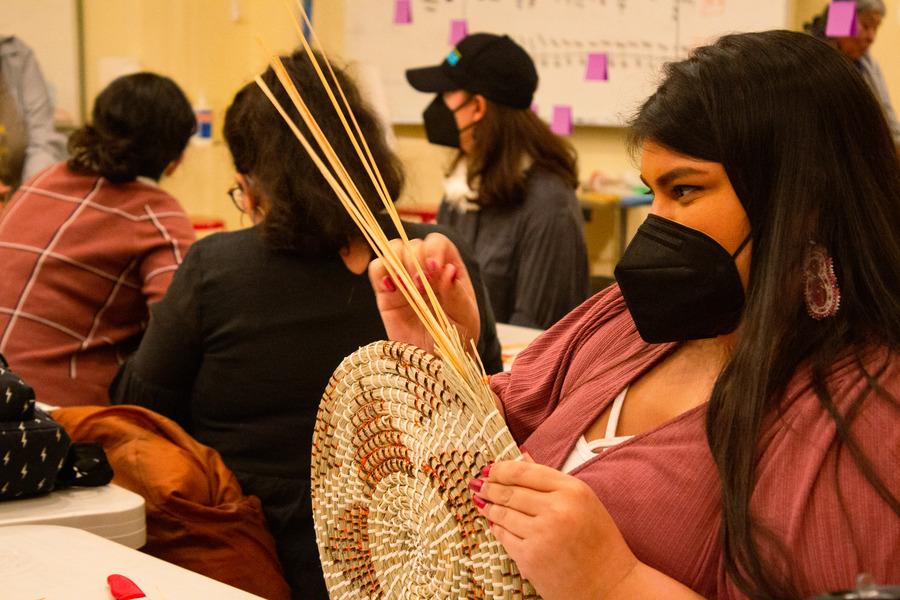
Jason Pramas, executive editor
Chris Faraone, editor
March 9, 2019
Dear Editors of Dig Boston,
We are writing to express deep concern over your use of the Massachusetts state seal on the cover of your recent edition of Dig Boston. While we appreciate the alternative perspectives your paper provides and encourage the movement towards zero-waste featured in the issue, we feel that your cover image was in very poor taste–not only holding up racist imagery in the state seal, but also making light of it with the placement of the rake and trash bag.
As you should be aware, Massachusetts has a long history of violence and disregard for Native Americans. The image of our state seal reaffirms the degradation that our country’s founders inflicted upon Indigenous Peoples. The seal has been rejected by today’s Native American communities in the Commonwealth, who are pushing, alongside allies, for its removal and re-design. That the state seal is not widely recognized as racist is a reflection of the degree to which racism against Native Americans is so normalized in our state. The seal clearly celebrates the colonial domination of a Native figure, depicting a European sword lofted threateningly above his head. At the time of its creation in the 1780’s, the government of the Commonwealth believed that Native people were a dangerous nuisance, one which could only be dealt with through violence and isolation. In the 17th century, the Commonwealth exiled hundreds of Indigenous men, women and children to concentration camps on Deer Island in Boston Harbor. The winter of 1675 saw the majority of the island’s population die. It was legal at that time to kill any who attempted to escape the island, inviting colonial citizens to participate in state-sanctioned murder. Slavery was practiced in Massachusetts rampantly throughout the colonial age as well. Podunk, Narragansett, Wampanoag and Nipmuck men, women and children became the property of colonial hands. Throughout the Pequot War, many thousands of Indigenous men and women from tribes across New England were captured and sold into slavery across the world. A master was endowed with the legal authority to murder, rape, and separate families. The lofted sword above the Native man in the state seal is a reminder that Massachusetts was founded through colonial violence. Its continued public use is an affirmation that that violence continues.
Today, contemporary Native American communities are fighting for their rights within the Commonwealth. Early this year, five bills were presented to the Massachusetts state legislature through the Massachusetts Indigenous Legislative Agenda (maindigenousagenda.org) These bills seek to correct the glorification of racist mascots in public schools, celebrate Indigenous People's Day in the month of October, promote Indigenous education, protect sacred objects, and create a Native-inclusive commission to change the Massachusetts state flag and seal. The bill to change the mass state seal and flag (S.1877) has been voted favorably out of committee and will soon need the support of legislators to advance it into law.
We believe you owe a public apology to Native communities in Massachusetts for the way this image was used, and a commitment to including Native voices and issues relevant to their communities in your paper in the future.
With hope for productive conversation moving forward,
Danielle DeLuca, Cultural Survival, www.cs.org
Mahtowin Munro, United American Indians of New England http://uaine.org/
David Detmold, changethemassflag.com
Image courtesy of changethemassflag.com.



